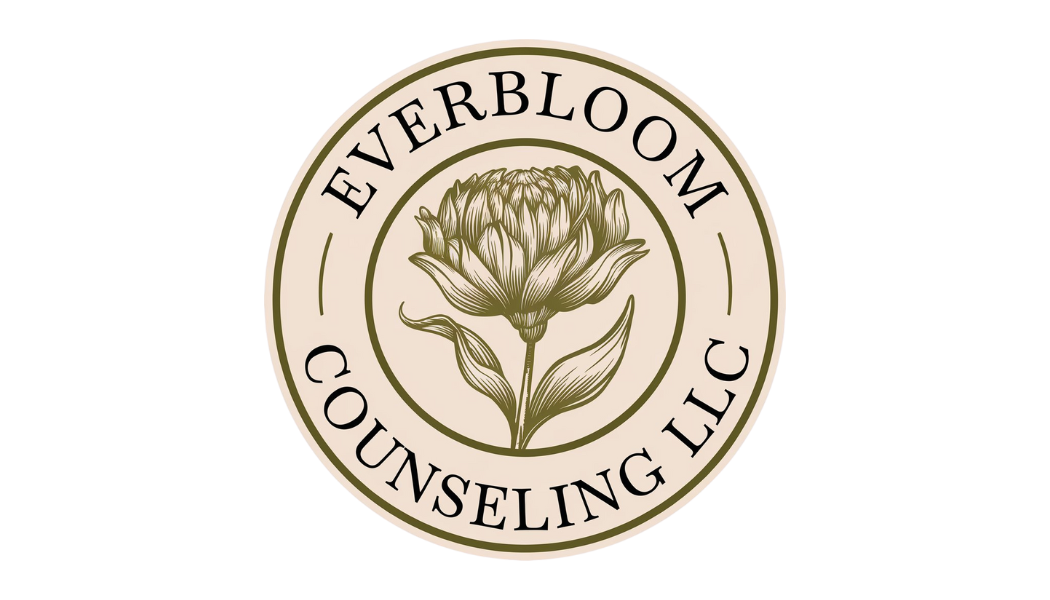BlSigns You’re a Perfectionist and Why It Hurts You
Perfectionism is often misunderstood. On the surface, it looks like ambition, high standards, or motivation to succeed. But underneath, perfectionism can quietly chip away at confidence, peace of mind, and even relationships. Becoming aware of perfectionism is the first step toward healthier self-improvement and a more balanced life.
In this post, we’ll explore common perfectionism signs, why perfectionism hurts more than it helps, and how you can begin overcoming perfectionism in your everyday life.
What Does Perfectionism Really Mean?
Perfectionism isn’t simply about wanting to do well. It’s the belief that nothing you do is ever enough—that your worth is tied to flawless results. Instead of being a motivator, perfectionism can create constant pressure, self-doubt, and burnout.
5 Common Signs You’re a Perfectionist
Perfectionism can show up in different ways, but here are a few signs to look out for:
Unrealistic standards – You set goals so high that even success feels like failure.
Fear of mistakes – You avoid risks or new opportunities because you’re afraid of “messing up.”
Procrastination – You put things off because you’re worried you won’t do them perfectly.
Self-criticism – You focus more on what went wrong than what you did well.
Difficulty celebrating achievements – No matter how much you accomplish, it never feels like enough.
If these resonate with you, you may be experiencing perfectionism more often than you realize.
Why Perfectionism Hurts More Than It Helps
While perfectionism may seem like a strength, the costs usually outweigh the benefits. Here’s why:
Increases stress and anxiety – The pressure to be flawless creates chronic worry.
Prevents growth – Fear of failure can hold you back from learning and new opportunities.
Leads to burnout – Constantly striving for perfection drains your energy and joy.
Strains relationships – High expectations can spill over into how you treat others.
Instead of driving success, perfectionism often keeps you stuck—feeling like nothing is ever good enough.
How to Start Overcoming Perfectionism
Awareness of perfectionism is powerful because it gives you the chance to change the cycle. Here are a few ways to shift toward healthier self-improvement:
Practice self-compassion – Speak to yourself the way you would to a friend.
Focus on progress, not perfection – Celebrate small steps forward instead of flawless outcomes.
Challenge your standards – Ask: “Is this expectation realistic, or am I setting myself up for failure?”
Reframe mistakes – Instead of proof of failure, view them as opportunities to learn and grow.
Final Thoughts
Recognizing the signs of perfectionism is the first step in breaking free from its grip. With self-awareness, compassion, and a shift in perspective, you can move toward meaningful self-improvement without the pressure of impossible standards. Overcoming perfectionism isn’t about lowering your goals—it’s about creating space to thrive, grow, and find satisfaction in who you are, not just what you achieve.
